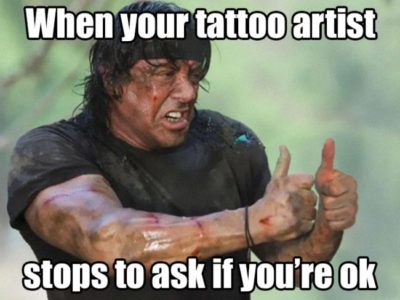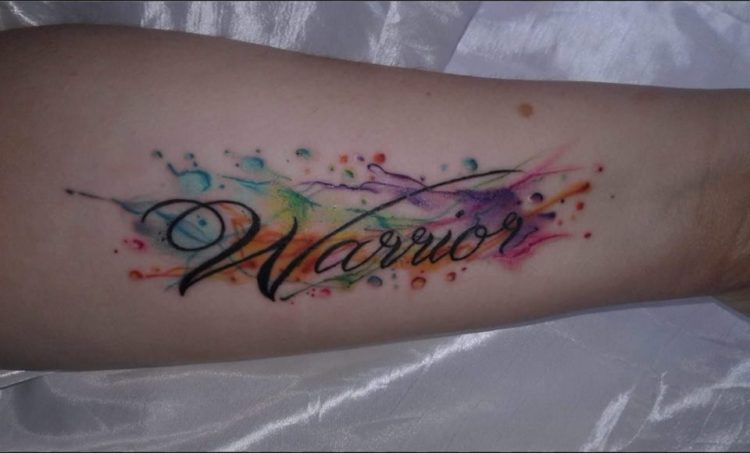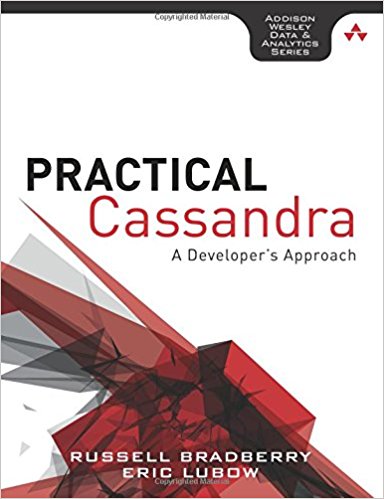I personally have quite a few tattoos on my body. If we were counting hours, which is easier than tattoo counts on me, I would say the number is somewhere around 200 hours to date. There are many reasons that people get tattoos. Some do it for the story. Some do it for the art. Some do it in commemoration. Others do it to feel better about themselves. But regardless of the reason, I always find that having a discussion about it is always incredibly informative about who the person is. And you can sometimes learn a thing or two about yourself as well.
To avoid burying the lead, I ask people about their tattoos because I want to know about who they are. But since you can’t just ask someone who they are, I’ve had to find another way to get there. I find tattoos to be a fantastic medium. To be more specific, I don’t open-endedly ask, “Why did you get that tattoo?” because that sounds much more judgmental and accusatory than I am intending. This is especially true if I’m wearing clothes that obscure the fact that I have a few tattoos myself. I more pointedly ask, typically leading with a compliment, “What does that tattoo mean to you?” I phrase it this way because I’m more interested in finding out how someone sees themselves as opposed to how they want the world to see them even though those two things may have a large overlap.

Tattoos themselves are typically very personal. However there is one part of tattoos that is almost universally consistent, they hurt. Everyone who gets a tattoo knows the pain that they went through. Not just the physical pain of the needle, but the journey of making the decision that holds life-long consequences. That arc of experience is something that can be bonded over with others who have gone through it as well. There is a wonderful German phrase, “Wer schön sein will, muss leiden.” Loosely translated, this means, “Who wants to be beautiful, must suffer.” This phrase is something that my best friend said to me while I was wincing in pain during one of my many tattoo sessions and it’s something I’ve never forgotten. And since most everyone wants to be beautiful, shared suffering is a gateway to some wonderfully meaningful conversations.

One of the other things I try to guide the conversation towards is finding out which tattoos people haven’t gotten yet (or at all) and why? You can find out a lot about someone’s temperament, risk tolerance, and get a general sense of what they find important in life. Since on average, people with lots of tattoos tend to be less judgmental, I think it always feels better to share with someone who understands and can empathize with the pain you went through. And even share their own version back with you.
While some find the act of asking people about their tattoos to be nosy, I think it’s informative. Getting to know the people with whom we share this planet, who also share our interests, is something of a lost art these days. Using shared experiences like pain and self-expression helps people step past the boundary of superficial interactions that we are all more generally accustomed to nowadays into something a little deeper; a discussion about who you are and how you see yourself. That is one of the ways that I find people worth knowing.
I think it’s also worth pointing out that sometimes these conversations go nowhere. Sometimes tattoos are too personal or people just aren’t in the mood to share. There is nothing wrong with that. It’s ok to just leave it at the complement on the art and the decision with an unanswered question. But I have found that the conversations rarely start and stop without any substance.

I recently met a woman with a tattoo on her forearm that read “warrior”. Having spent 25+ years doing martial arts and also having served in the military, needless to say, I was curious what kind of warrior she was. So I asked. Within 5 minutes of introducing myself, I was already aware of the hardest fight of this woman’s life and how she chose to commemorate it. The word was a reminder to herself that she is stronger than she feels at that moment. I knew that she often felt weak and needed reinforcement. I knew that her external beauty matched her internal fortitude. And I knew that she liked to share her story to remind herself how inspirational overcoming a disease can be. So after hearing all that, I asked her one of the telling questions, “Did it hurt?” She smiled and said, “Wer schön sein will, muss leiden.”

